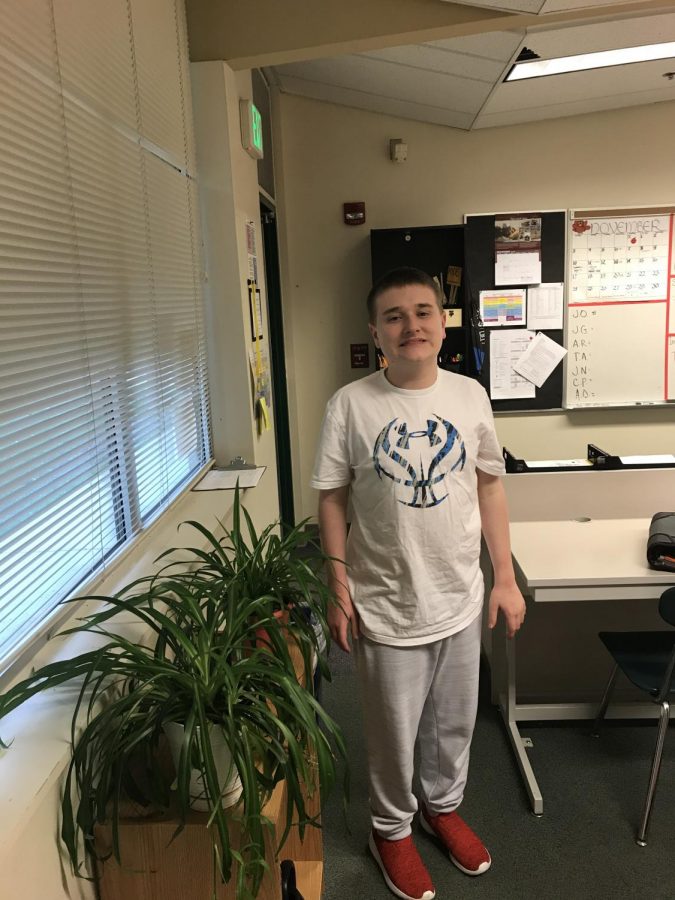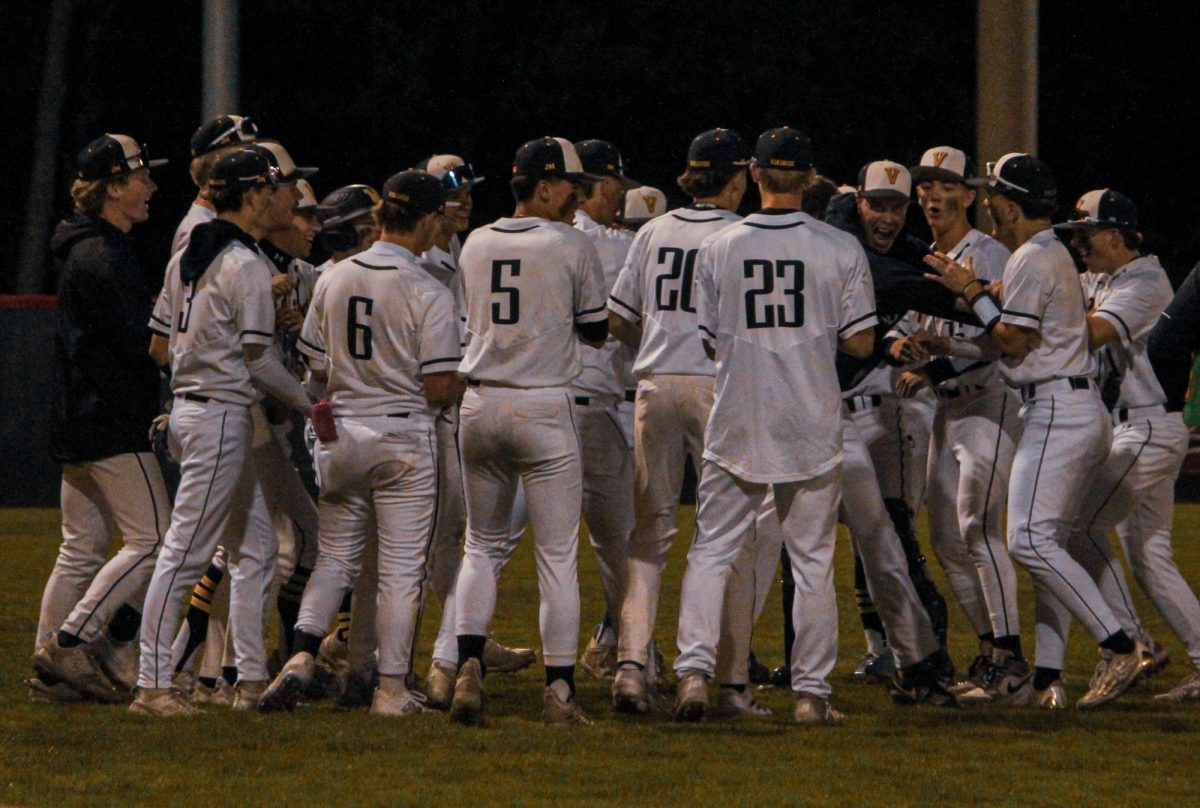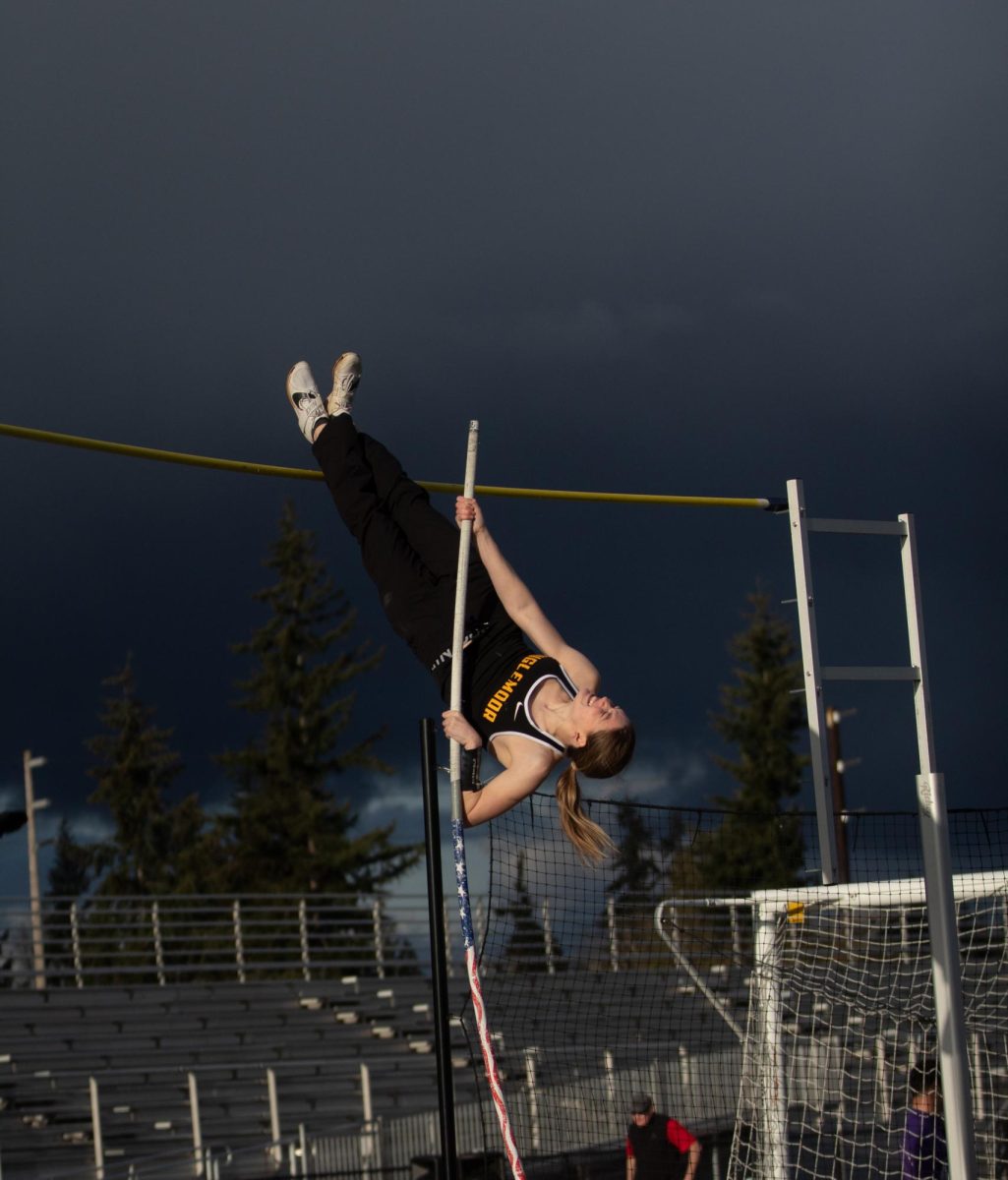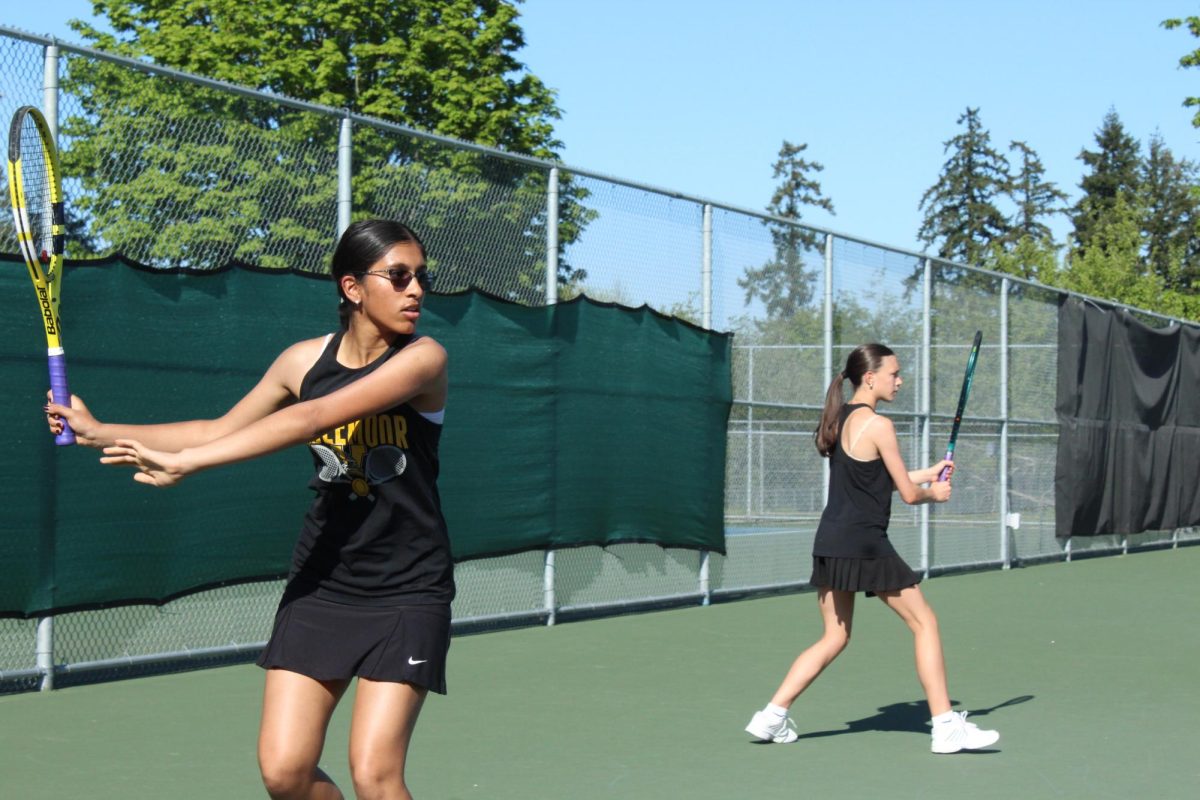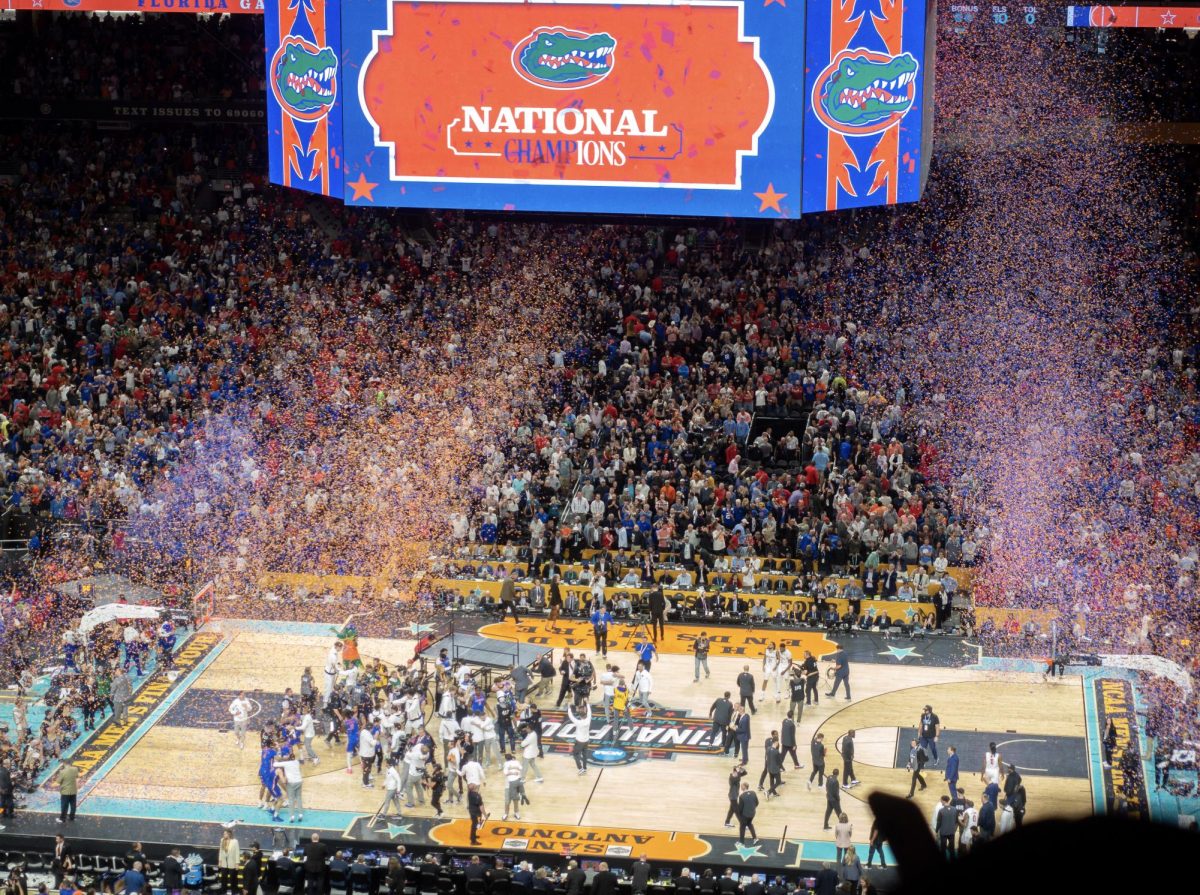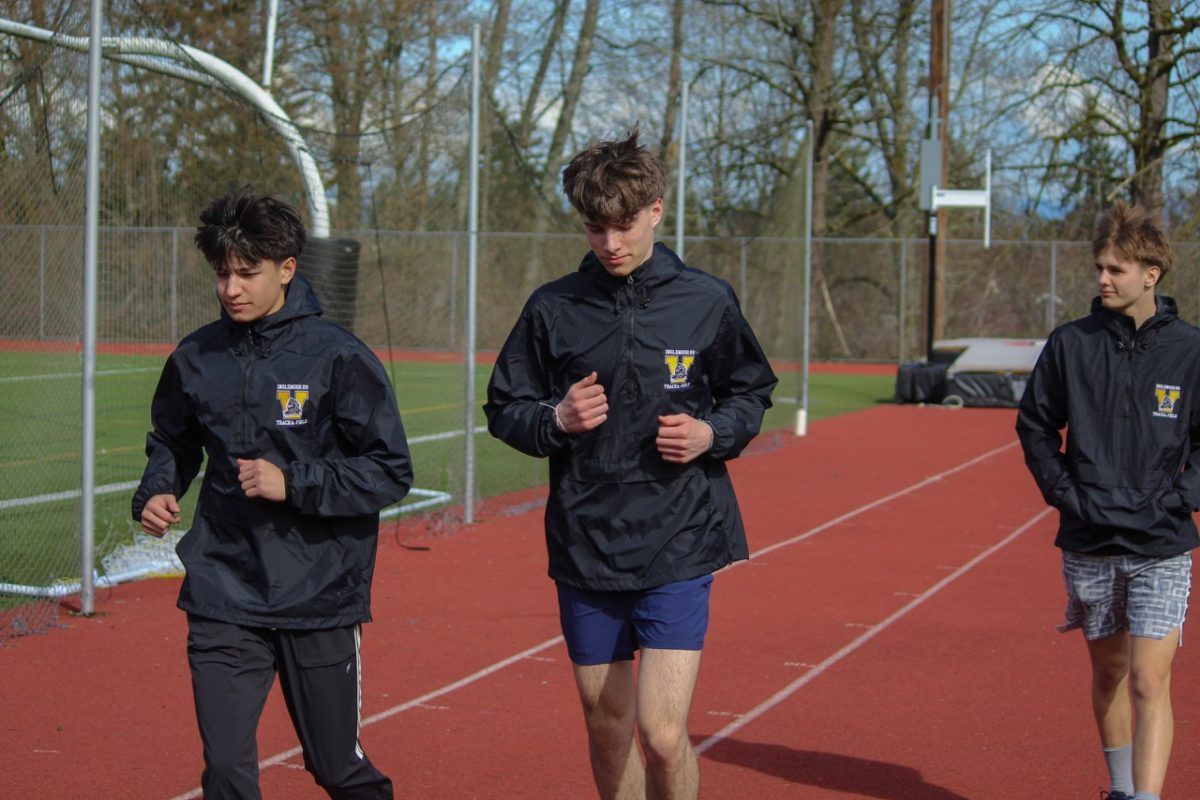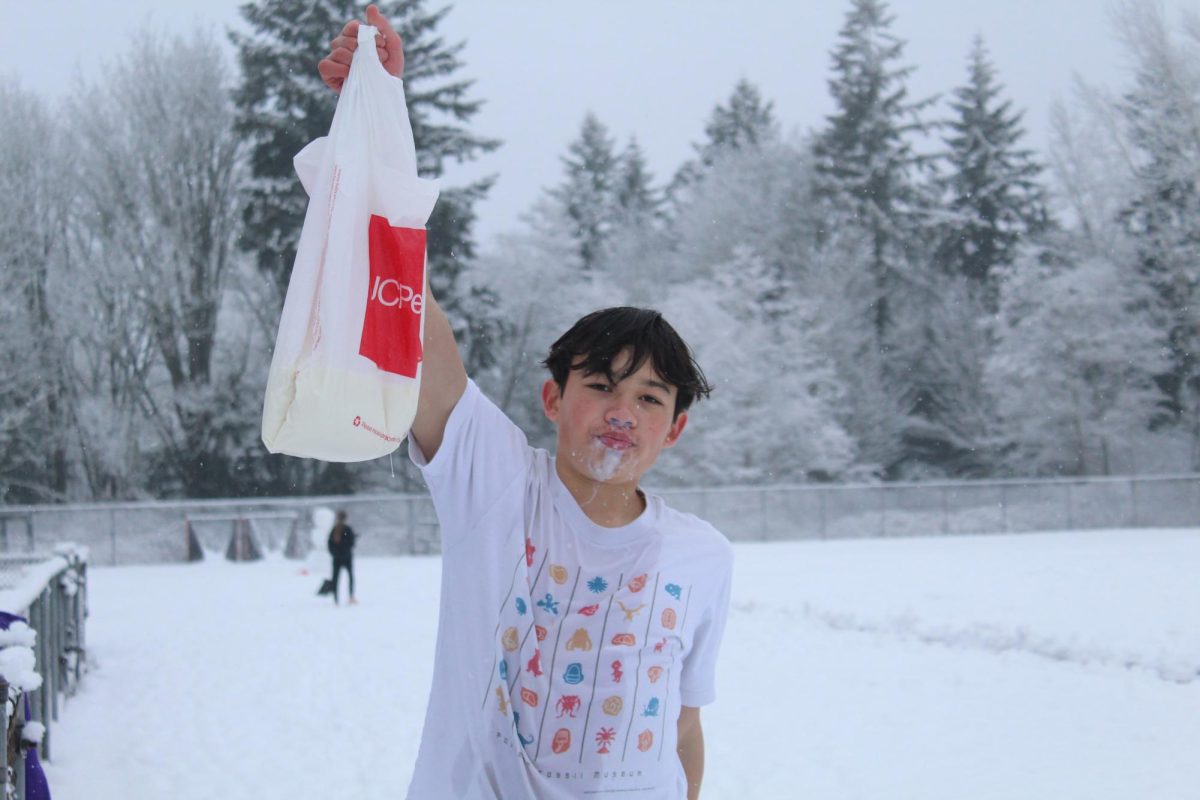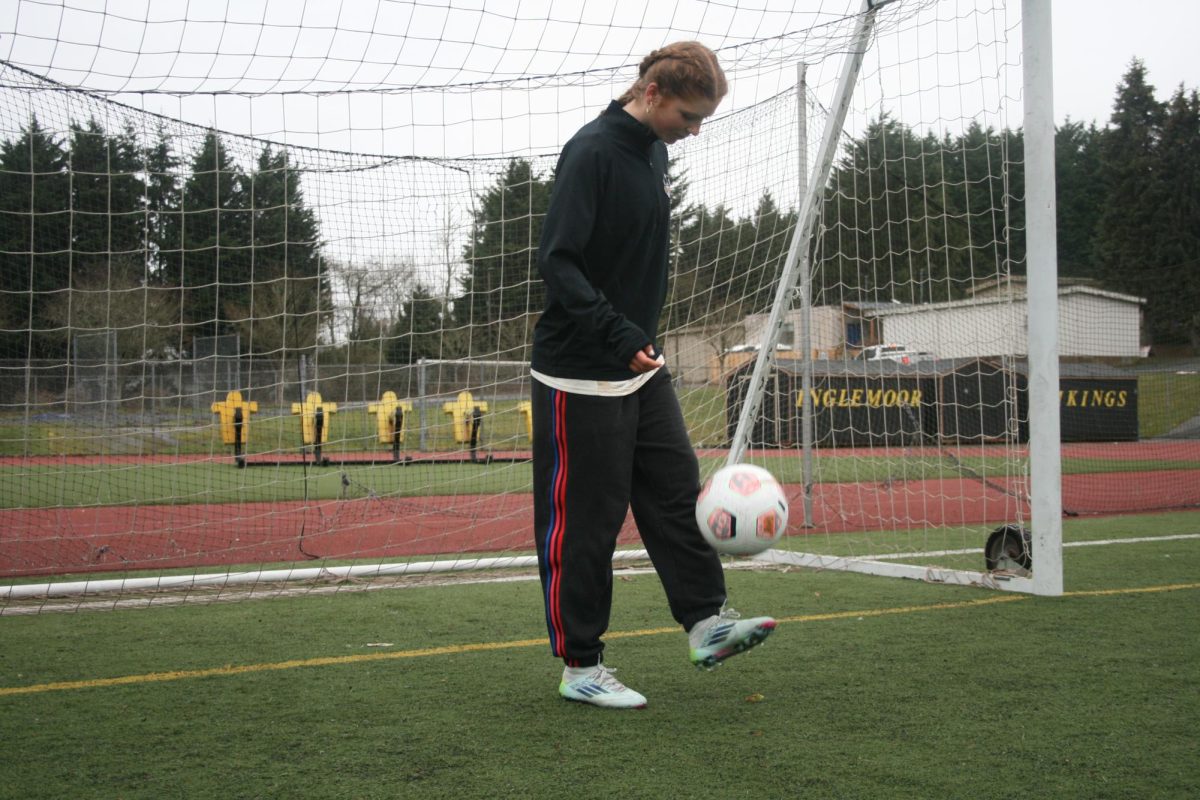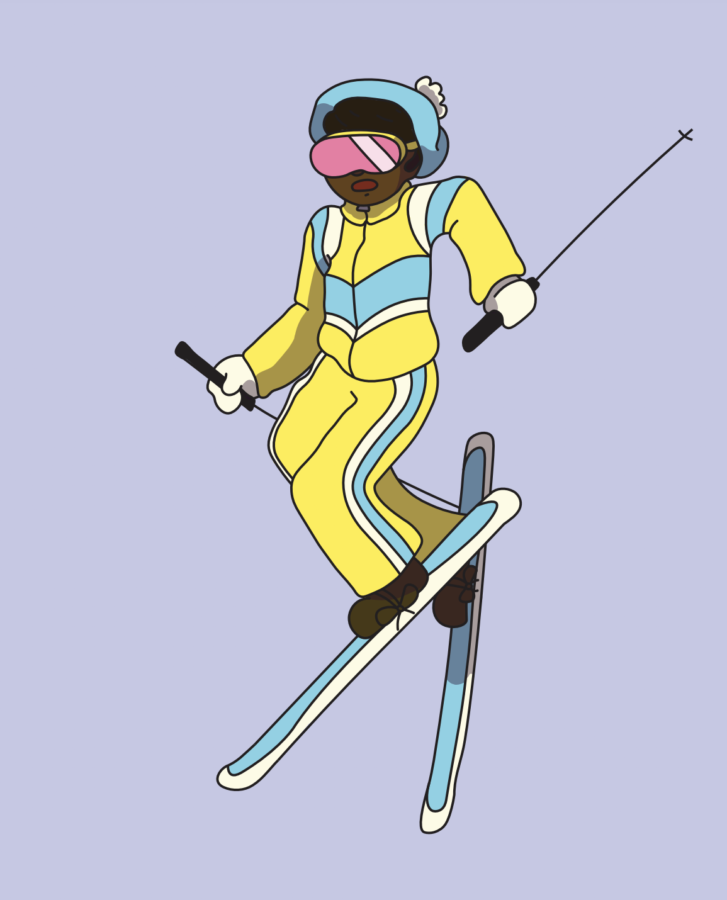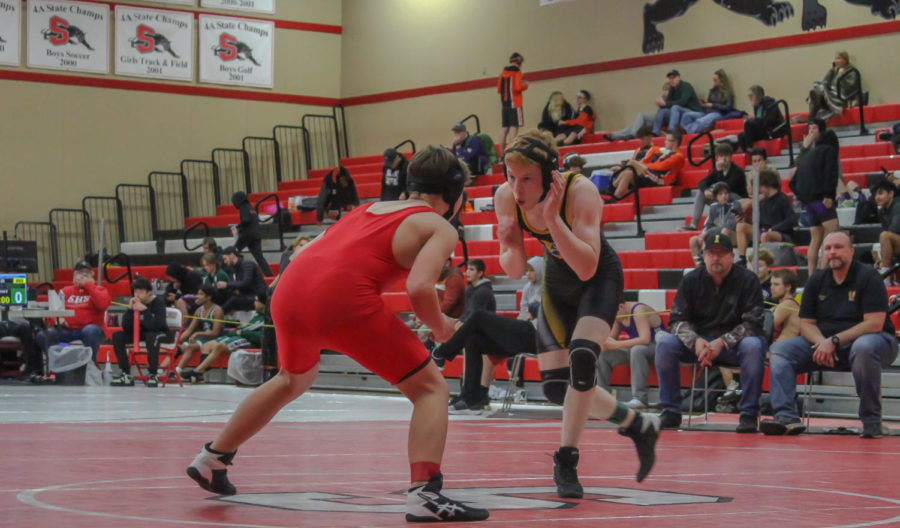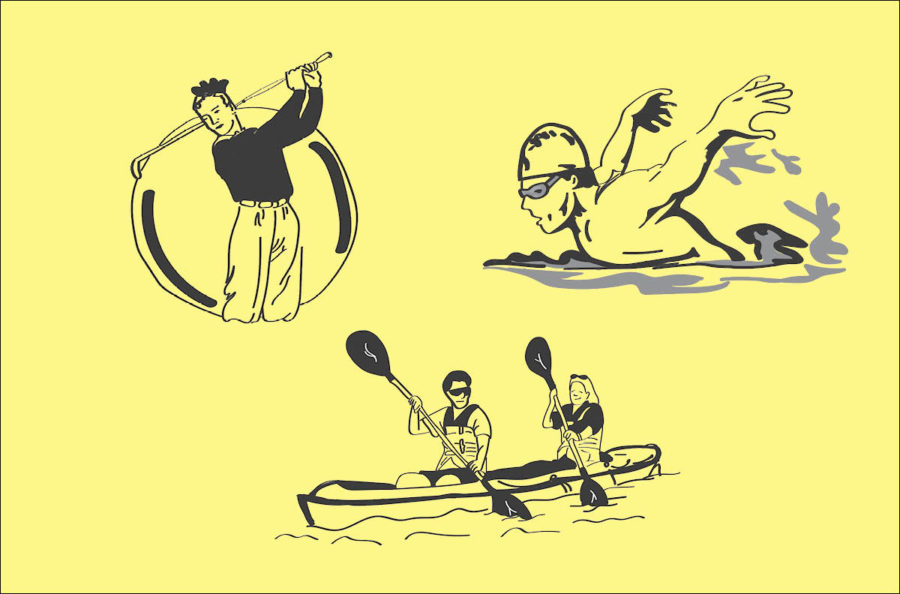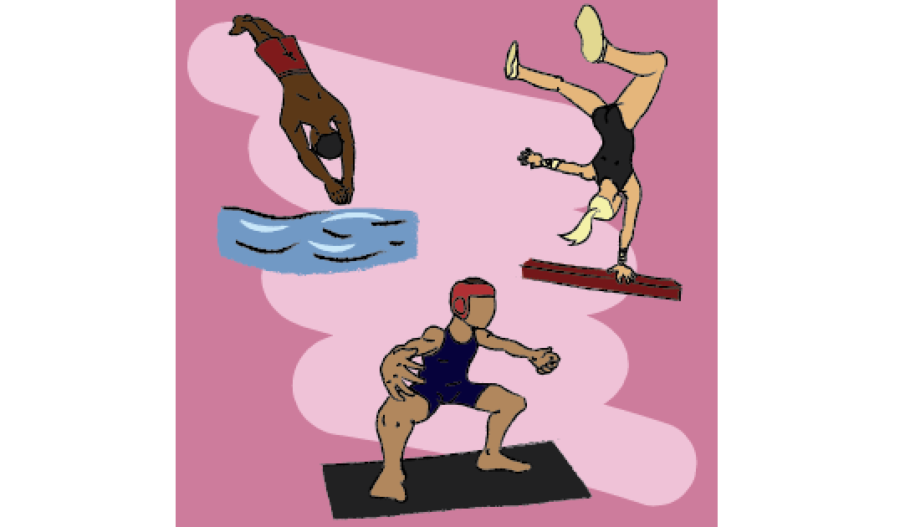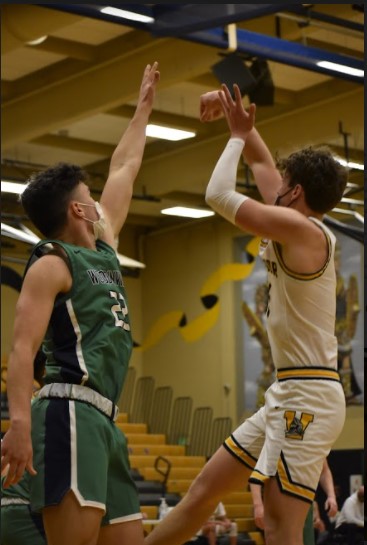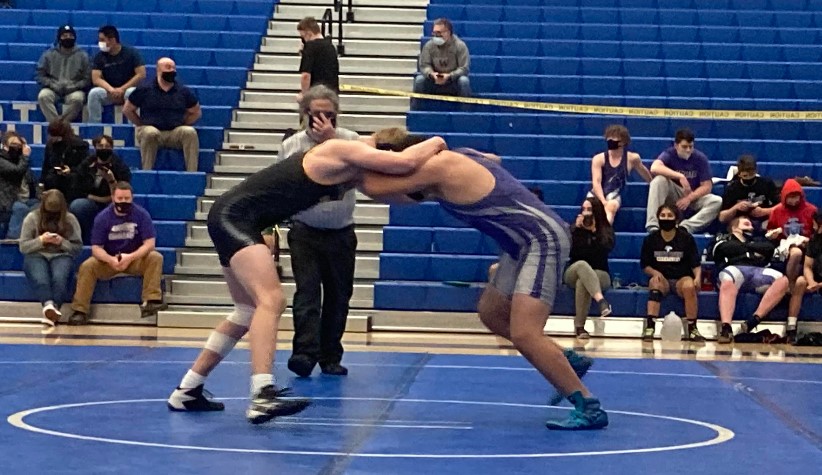The Special Olympics Bowling team recently ended their 2019 season with some strong performances. Five of the six team members scored above third place in the local championship tournament, with junior AJ Olson in first place, getting a chance to qualify for regional tournaments. As the season draws to a close, coach Eric Levine shares his hopes for the future.
“We didn’t have any seniors [this year]. I’d love to see all of them return,” Levine said.
Along with the return of this year’s team, Levine said he hopes to see more participation in the sport.
“I, for sure, see those six continuing, but I would love to see more involvement,” Levine said.
The unified bowling team provides an opportunity for any student to bowl, regardless of gender, age or ability.
The sport was originally created to give those with cognitive disabilities a chance to compete. Since its creation, it’s become a way for special education students to bond and develop their social skills.
Instead of traditions, one of the main focuses of the sport is to teach players how to interact with the world around them.
“We’re really focused on a lot of the things [the players] are working on in their classes,” Levine said.
The team helps the players learn to communicate effectively and respond appropriately to a variety of social situations such as winning and losing. Levine also discussed the attention the sport currently receives.
“I don’t think it’s fair to compare this with other sports. They’re just not on the same level,” Levine said.
Special Olympics bowling isn’t as competitive as other sports and mainly serves as a way to give special education students a chance to have some fun and compete in a friendly manner. When asked about the reasons the sport receives less attention than others, Levine said that it gets all the attention it needs.
“Having a big crowd might be overwhelming,” Levine said.
There are always people at the tournaments to cheer the team on, but too many spectators can leave players feeling confused or scared. However, supporting the team in other ways is still encouraged. Due to the disabilities of the players, most of them are not used to having so many eyes on them. Keeping up with tournament results or simply saying “hi” to one of the players are great ways to raise the team’s spirits.



